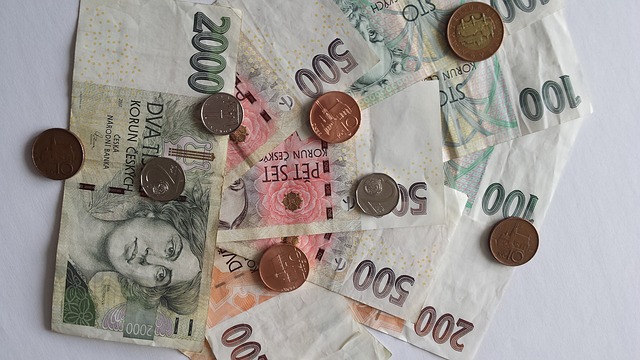Does it bother or annoy you that you have to pay the banks to profit from your hard work and money? And it is no small thing. You are not the only ones. Where does that money come from? What is it worth? We think about the beginnings of money and what money “looks like” today.
Some information about the nature of banking is not known to the public. Of course, this information is known to anyone interested in economics and banking, but it is not often discussed, rather we learn it from specialized literature and articles.
We learn an essential part of what is known about banking and banking from the press, the Internet, and television. Do you know why commercial banks still offer loans through advertising ? 18] The simple answeris thatmoney –isgenerated from loans, along with interest for all people and businesses. The more debt there is in the world, the more money there is. The more debt there is in the world, the more real money there is.
When you get a loan from a bank, you might think that the bank is lending you money that other depositors have on deposit with the bank. Wrong. The bank simply creates the money for the loan; it does not physically hold the money. And only after you sign the loan agreement, the mortgage, all fees, and most importantly interestdoes the bank create the money.
The fictitious and real money that the bank can lend out must be in the proper proportionaccording to the law. Czech banknotes (and this applies to other countries as well) have long been clearly stated to be backed by gold. This is because the proportion of gold covering debt money has gradually decreased over the years until the proportion is completely zero
.
Inflation– the depreciation of a currency – is a big enough problem in any country. In our country, the CNB must always deal with inflation in a timely manner. The essence of this problem has arisen since banknotes are no longer backed by gold.
The Czech currency is currently backed by the assets of the CNB.
In short, what is the statutory role of the Czech central bank (CB), i.e., the Czech National Bank (CNB):
– to manage and control the currency, issue and circulate new banknotes and coins
– to control and ensure the issuance and validity of currency (worn and damaged banknotes
– Supervise foreign exchange and dealings with foreign commercial banks
– Maintain inflation at an acceptable level – Stabilize prices
